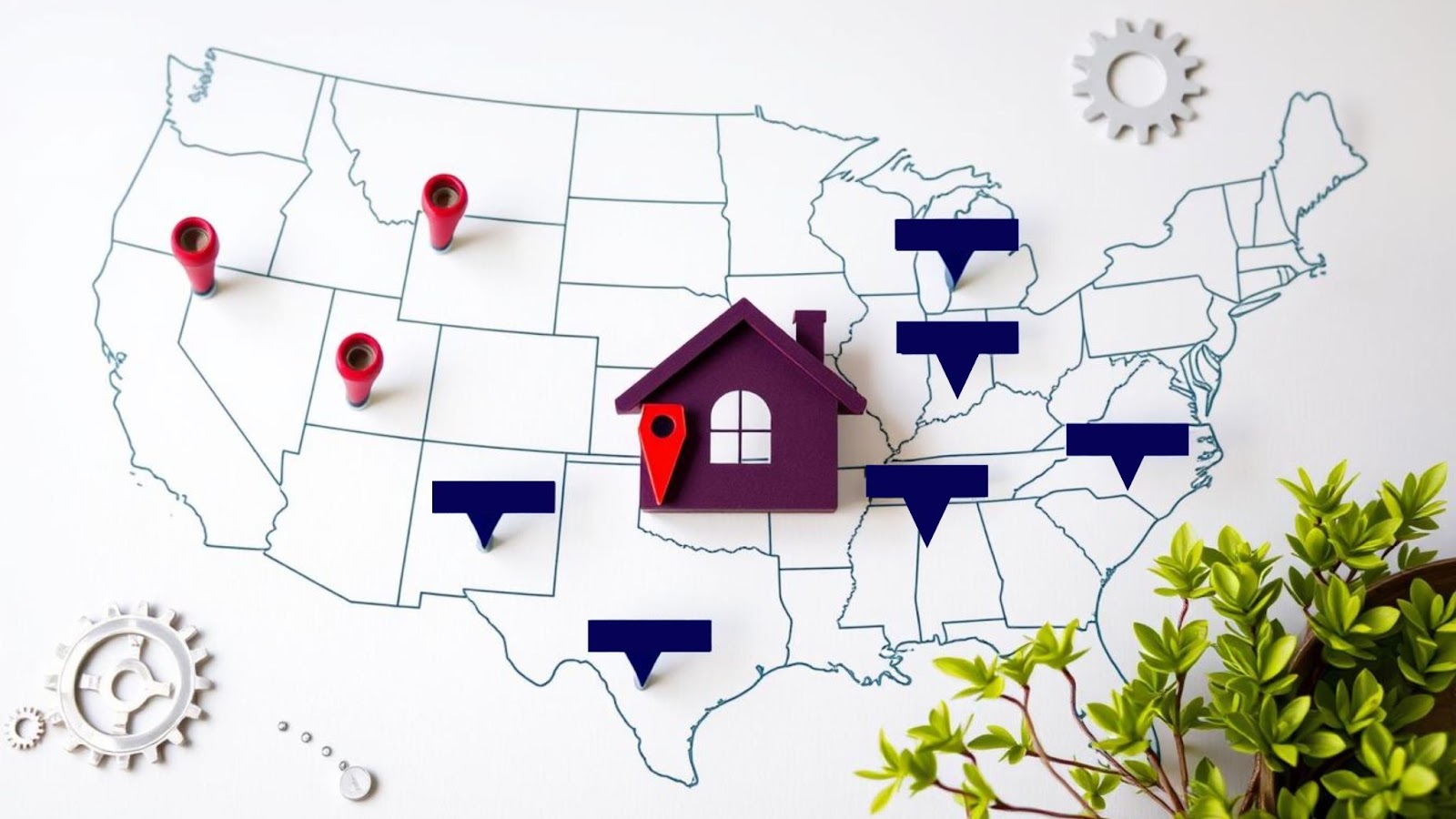Frost buildup is one of the common reasons for refrigerators not cooling. This can hinder the refrigerator’s ability to generate cold air. If the self defrost system breaks down, frost will build up on the evaporator coil restricting airflow, and preventing your refrigerator from performing its job of cooling.
Know the top 4 reasons why your refrigerator is not cooling
Know the top 4 reasons why your refrigerator is not cooling

The primary function of a refrigerator is to lower the air temperature and prolong the shelf-life of food. Storing food in a cool environment prevents food spoilage as bacteria and fungi prefer humid and warm environments. Thus, when the refrigerator stops cooling, the food stored within is susceptible to decay, risking your family’s health. If your refrigerator is not cooling and you want to know how to fix it, read through this article.
Air vents are present at the back of the refrigeration unit. Blocked vents affect the internal temperature of the refrigerator. Storing beverages or food can block them internally, and objects such as grocery bags, etc. hung on the refrigerator can block them externally. The vents can also get partially blocked by debris or dir
This could be another important reason why your refrigerator is not cooling. Depending on the model, the condenser coil may be located at the bottom or back of the unit. The critical function of the coil is to release heat from the refrigerator. When debris or dust accumulates, the coil has to work harder to release the heat, thereby diminishing refrigerator performance.
Accidently bumping or knocking the thermostat up or down impacts the refrigerator’s ability to produce cold air. If the thermostat is not set between 35-38 degrees Fahrenheit, then the refrigerator won’t cool down
Listed above are the most common faulty parts, but in rare cases, the start capacitor, evaporator fan, and control board may also be the culprits, resulting in costly repairs.
RECENT ARTICLES
 Discover First American Home Warranty Locations and What You Need to Know About Their Cover.
Discover First American Home Warranty Locations and What You Need to Know About Their Cover.
 Reviews of Home Warranty Companies Show You How to Determine If Your Home Is Covered
Reviews of Home Warranty Companies Show You How to Determine If Your Home Is Covered




